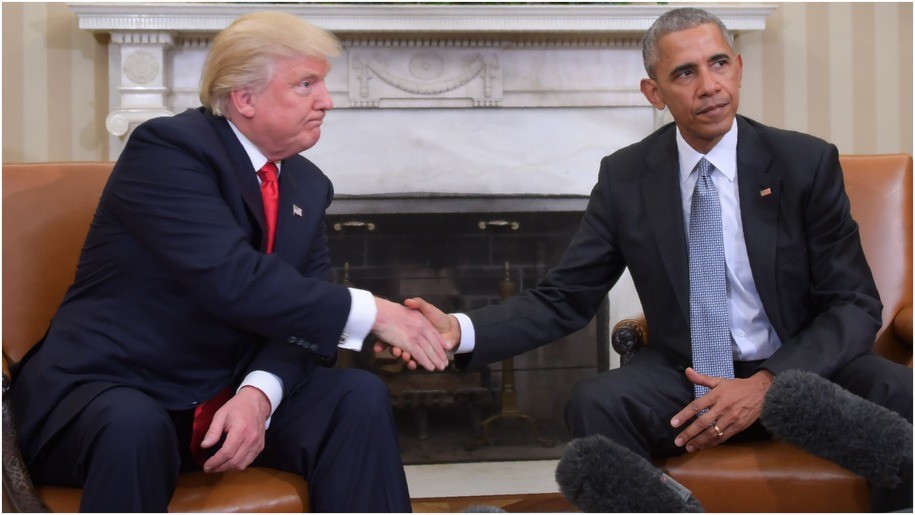[ad_1]
“We used to have a president capable of empathy and inspiring hope,” said Matt Rogers, a social impact strategist, in a tweet Monday. He shared video of Obama acknowledging healthcare workers in their efforts to stop the Ebola outbreak in West Africa from spreading in America.
In the video from Oct. 29, 2014, Obama acknowledged healthcare workers and challenged the American people to help each other. “America has never been defined by fear,” the former president said. “We are defined by courage and passion and hope and selflessness and sacrifice and a willingness to take on challenges when others can’t and others will not …”
Obama acknowledged “ordinary Americans who risk their own safety to help those in need.” “That’s how I know we’re going to manage to contain the disease in America, because of heroes like the ones who are here today,” he added.
Notice he didn’t pretend the virus didn’t exist or ignorantly attempt to rebrand it as the Africa virus due to the disease’s origin in the Democratic Republic of Congo, or its heavy concentration in West Africa from 2014 to 2016. Simply avoiding those approaches devoid of any basic common sense already put him miles ahead of Trump.
When the current, regretful president made his first public remarks about COVID-19 in a TV interview Jan. 22, he claimed he had no worries at all about the virus. “It’s one person coming in from China, and we have it under control. It’s going to be just fine,” he said. Trump later said on Feb. 27, 2020 that the virus would “disappear.” When it quite noticeably did not, he switched approaches to calling COVID-19 the “Chinese virus.” “It’s not racist at all. No, not at all,” he said when asked to explain why he used the phrase at a press briefing. “It comes from China. I want to be accurate.”
Fast-forward to the president’s recent guidance, and it’s even more difficult to find anything remotely presidential. After instituting travel bans implemented long after the virus’ spread in America, Trump actually suggested coronavirus patients could be injected with disinfectant. “I see the disinfectant that knocks it out in a minute, one minute,” he said during a coronavirus press briefing Thursday. “And is there a way we can do something like that by injection inside, or almost a cleaning? Because you see it gets inside the lungs and it does a tremendous number on the lungs, so it would be interesting to check that.”
Trump later tried to excuse the dangerous advice as sarcasm and get back to his true focus: getting American businesses now closed as a response to the pandemic open again. In 2014, Obama sought to reduce the spread of Ebola by utilizing the military to deploy both troops and medical personnel into West Africa to provide assistance and build treatment centers, among other measures. Bina Venkataraman, who was the chief policy advisor to Obama’s Council of Advisors on Science and Technology, told Boston Public Radio last month “it’s hard to overstate the contrast” between Obama and Trump.
“For one, you had a president who actually accepted and cultivated scientific advice,” Venkataraman told the radio station. “So, the fact that I was a policy advisor to a whole council of external scientists, technologists advising the president, tells you something about how President Obama even structured getting advice from outsiders, being willing to accept the state of affairs.”


















